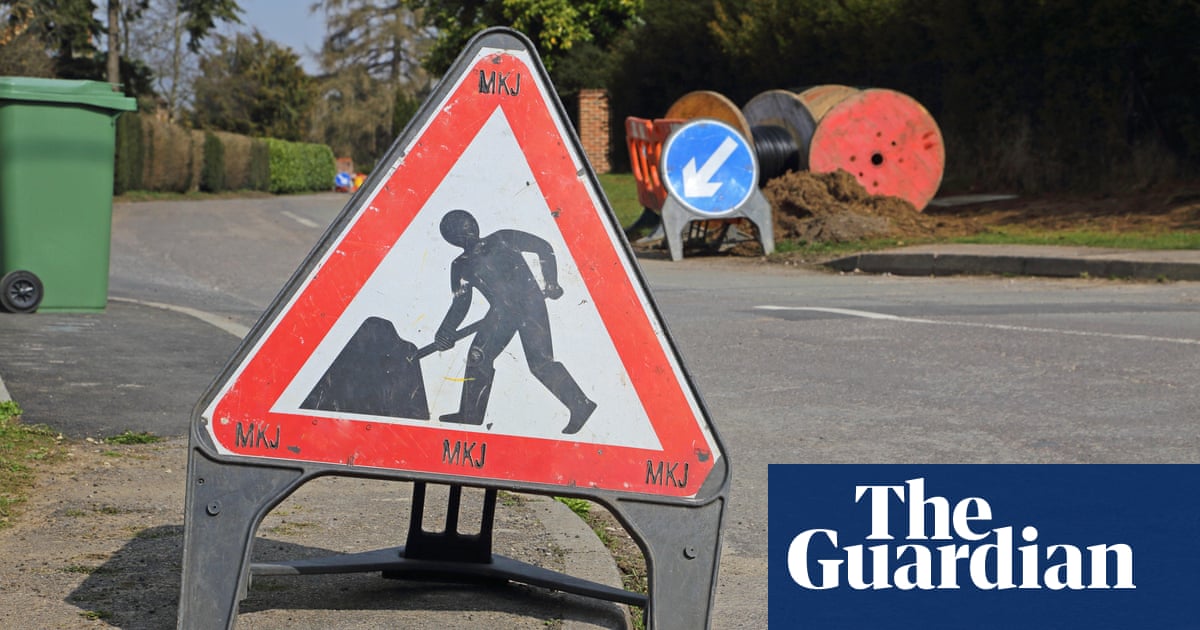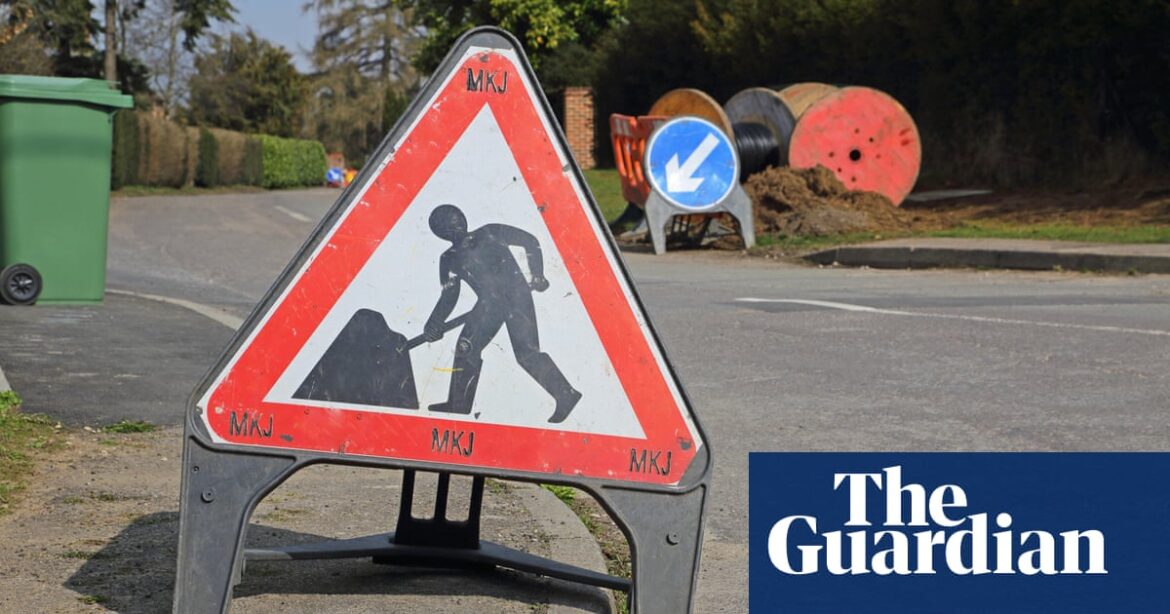
Economic growth in the UK risks being held back by a “skills chasm” between regions, as London and the south-east suck in highly qualified workers, according to a report by the Learning and Work Institute.
The gap between high- and low-skilled areas of the UK is already wider than in many comparable countries and is forecast to widen, the thinktank says.
If trends continue, 71% of Londoners and 65% of adults in Scotland will have a degree by 2035, compared with 29% in Hull and East Yorkshire, and 39% in Norfolk, it says.
The institute’s research showed that 27% of adults in the West Midlands have qualifications below GCSE level, compared with just 9% in west London – a gap that is wider than in most European countries. In Ireland, Norway and Finland there is little difference between the proportion of people with low skills across different regions.
The proportion of people with higher education qualifications is twice as high in some parts of the UK than others, varying from two-thirds in London to one-third in Greater Lincolnshire.
The report suggests that if trends continue, London and the south of England are “on track to compare favourably with projections for the best performing countries like Canada, Japan and South Korea”. Despite this, “parts of the north of England would continue to have a relatively high proportion of people with low qualifications compared to other countries, including Latvia, Estonia and New Zealand”.
Closing the gap between the capital and the rest of the UK would require more than 4 million extra people outside London to gain a higher education qualification, they calculate.
Stephen Evans, LWI’s chief executive, said: “This report shows a tale of two countries, with the magnetic pull of London drawing in talent from elsewhere. This has created a skills chasm between areas and has become a self-reinforcing cycle, with employers more likely to create high-skilled jobs in the south of England.”
Labour has ditched Boris Johnson’s language of levelling up the UK; but Keir Starmer’s “plan for change”, published last month, promised “more people in good jobs, higher living standards, and productivity growth in every part of the United Kingdom”.
The government has vowed to create a new agency, Skills England, to oversee training and education, and to reform apprenticeships. Education policy is devolved in Scotland, Northern Ireland and Wales.
Ministers have also suggested that boosting the skills of the domestic workforce could help to reduce the UK’s dependence on migration.
Evans said that tackling the regional divide identified in the report requires not just better skills policy, but also the right industrial strategy, and better transport links, to help boost employment in regions lagging behind.
“To break out of this cycle, we must combine investment in jobs and infrastructure with more efforts to improve skills by the government and employers. Otherwise, the government’s ambitions for broad-based growth will fall flat,” he said.
A Department for Education spokesperson said: “We are determined to break the link between background and success and our plan for change will be central to that mission, while delivering the skills needed to drive economic growth across all regions and nations.
“We have established Skills England to tackle skills shortages and support businesses to drive growth. It will ensure we have the highly trained workforce needed for the industries of the future, laying the foundations for stable growth.”
The government also plans to merge the jobcentre network with the National Careers Service, to signpost people towards opportunities for training and skills.
Source: theguardian.com



